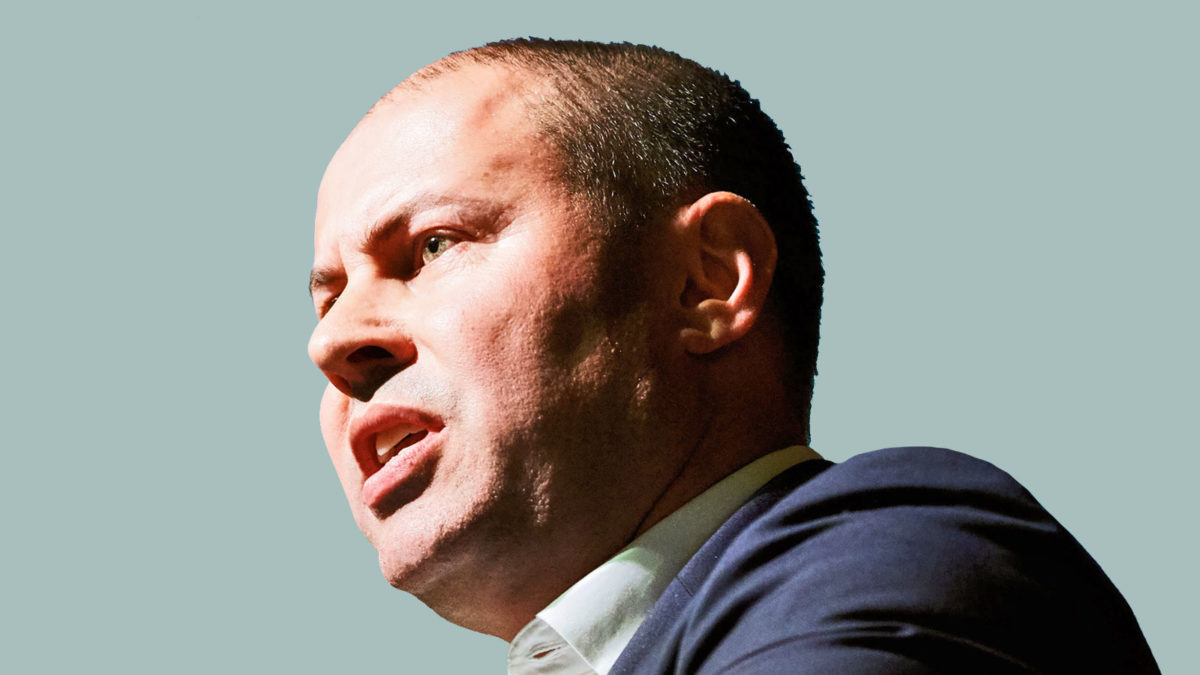‘Affront to free market principles’
Treasury’s proposed changes to proxy voting advice have met with fierce resistance from Ownership Matters, which warned the reforms could have a chilling effect on corporate accountability in Australia.
The reforms, which were proposed in the interests of “strengthening the transparency and accountability of proxy advice”, would require proxy advisers to provide their research to companies they are reviewing before they provide it to clients – a move that Ownership Matters (OM) described as “nonsensical” “OM is not aware of any other form of opinion or advice in Australia where the State compels its provision to the subject prior to publication, explicitly for the purpose of allowing them to alter its content,” OM said in a submission to Treasury.
“This proposal should be of grave concern not just to other providers of financial research but to any person interested in preserving a functioning society that values freedom of expression and free enterprise.”
Institutional investors use proxy advisers like OM to research investee companies and to provide voting recommendations for shareholder resolutions. But OM warned that the reforms – which would also require companies to prove they voted independently of those recommendations – “would likely destroy the current productive and frequent engagement between companies and OM”.
“Treasury presents no evidence whatsoever that there has been any detriment suffered as a consequence of the publication of financial research that may influence the voting intentions of institutional investors,” OM said.
“The absence of harm or evidence presented in the Treasury paper seems an odd pretext for detailed and intrusive regulatory intervention in the rights of private citizens…to contract with each other, and which would provide regulatory fiat for large, well-funded companies to pre-emptively censor dissenting opinion through legal threats and harassment.”

The founder of OM, Dean Paatsch, is a commercial lawyer by training, with a background in super as the first chief executive of AIST, before founding Proxy Australia in 2003. This then had several incarnations after its sale in 2005, through ISS Australia, Risk Metrics and ISS Governance Services. Paatsch formed the staff-owned OM in 2011, joined by fellow directors Martin Lawrence and Simon Connal.
OM has questioned why the proposed reforms had been aimed at four main proxy advisers – including itself, the Australian Council of Superannuation Investors (ACSI), CGI Glass Lewis, and Shareholder Services Australia) – when “numerous financial research providers” and sell-side brokers provide commentary urging investors to accept or reject board proposals.
“We also draw Treasury’s attention to the risk that regulatory over-reach could impact the operating models of sell side researchers, investment banks, proxy solicitors and other firms who are also in the business of advising investors how to use their voting rights,” OM said.
“Setting up a regime where these firms were required to pre-release their reports (as we would ours) would be curious, to say the least, in a global context.”











